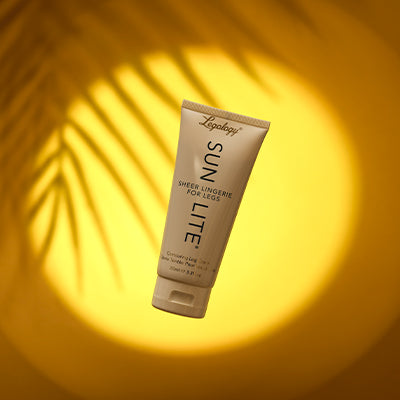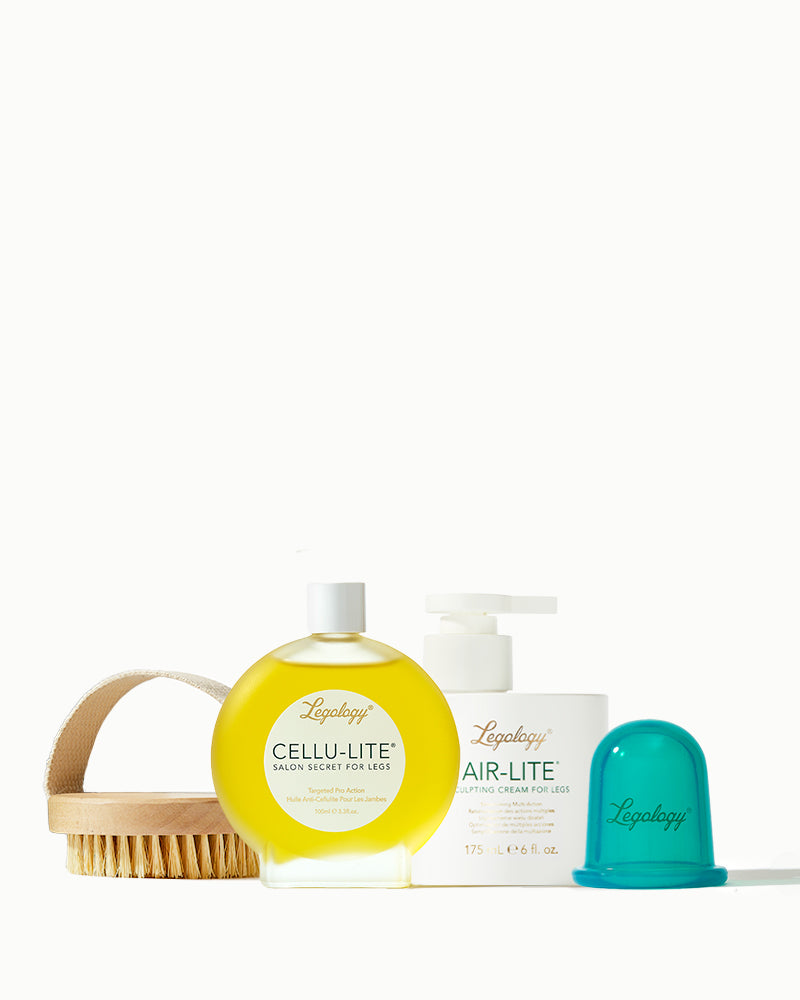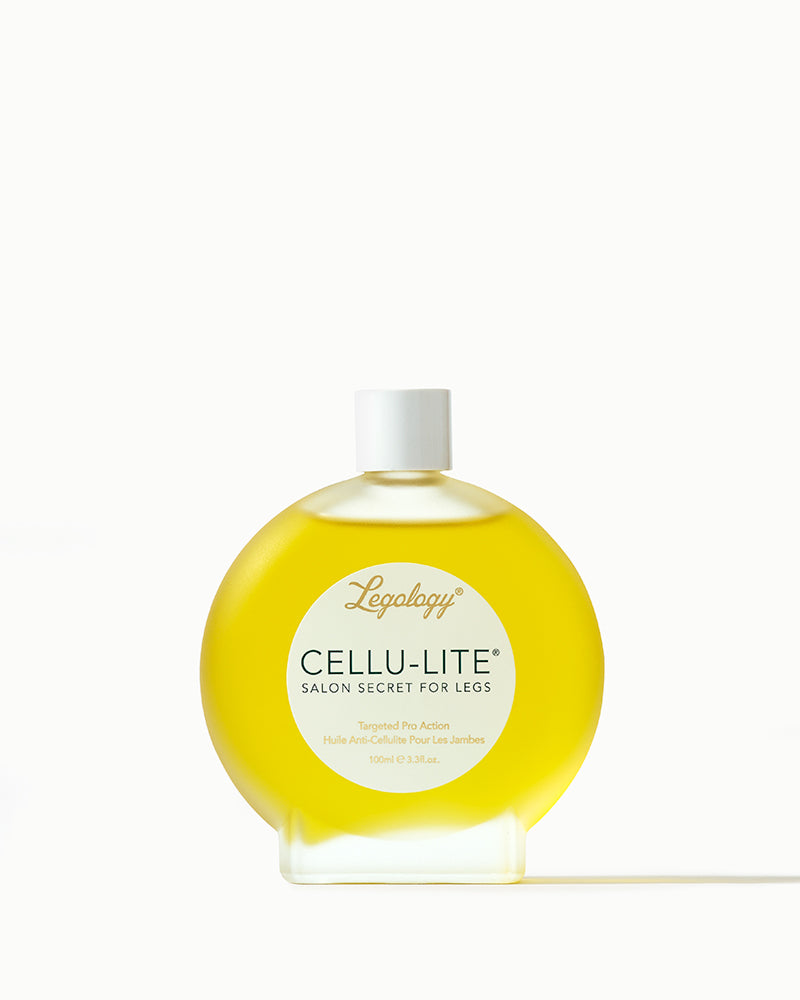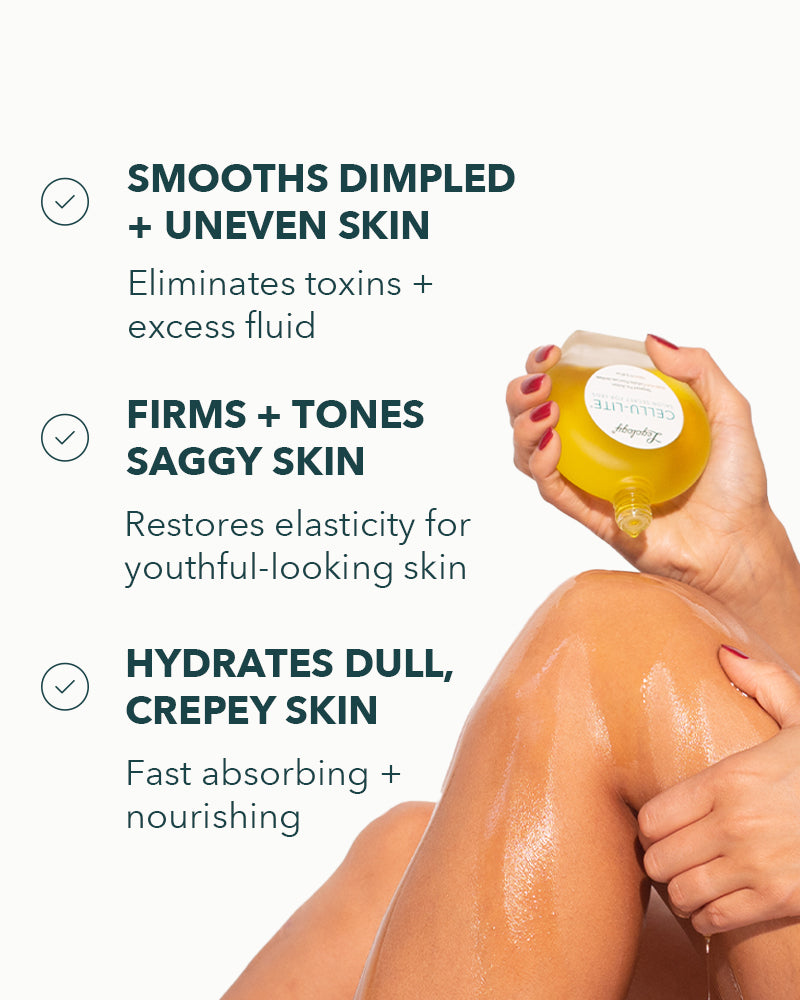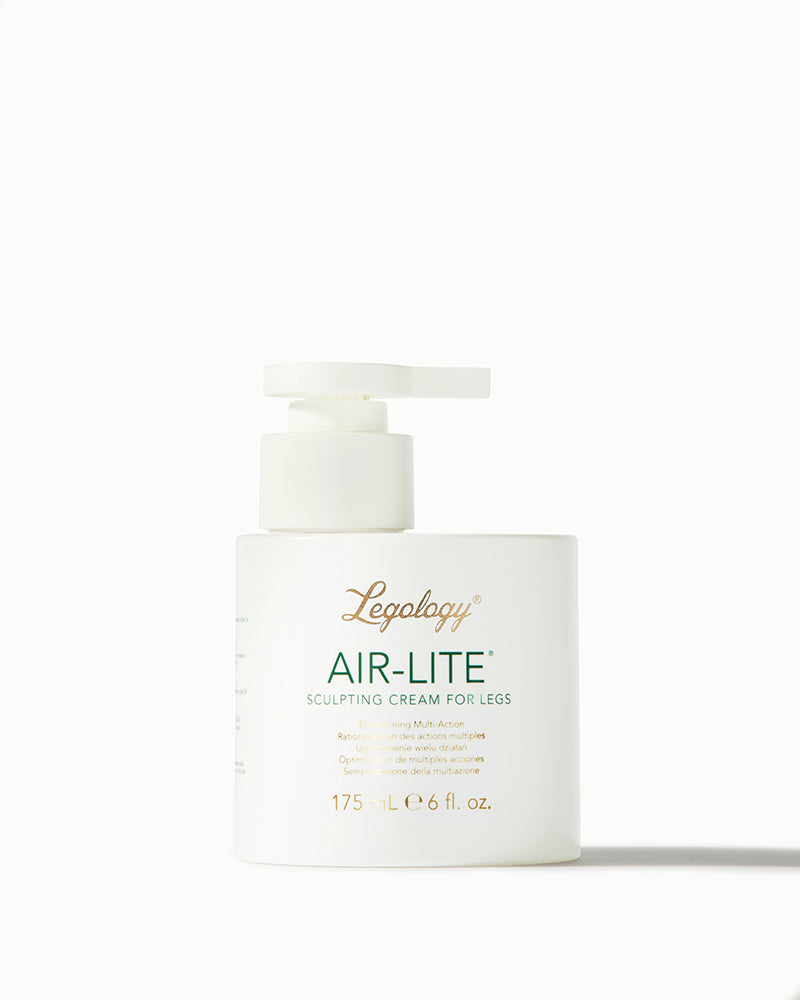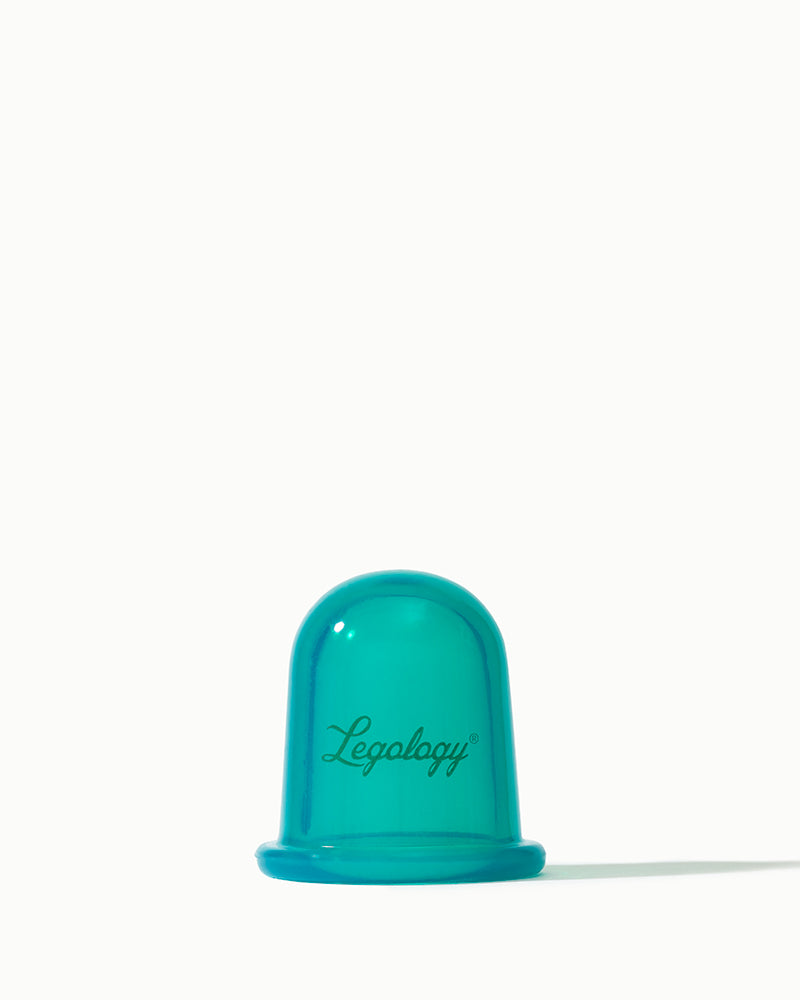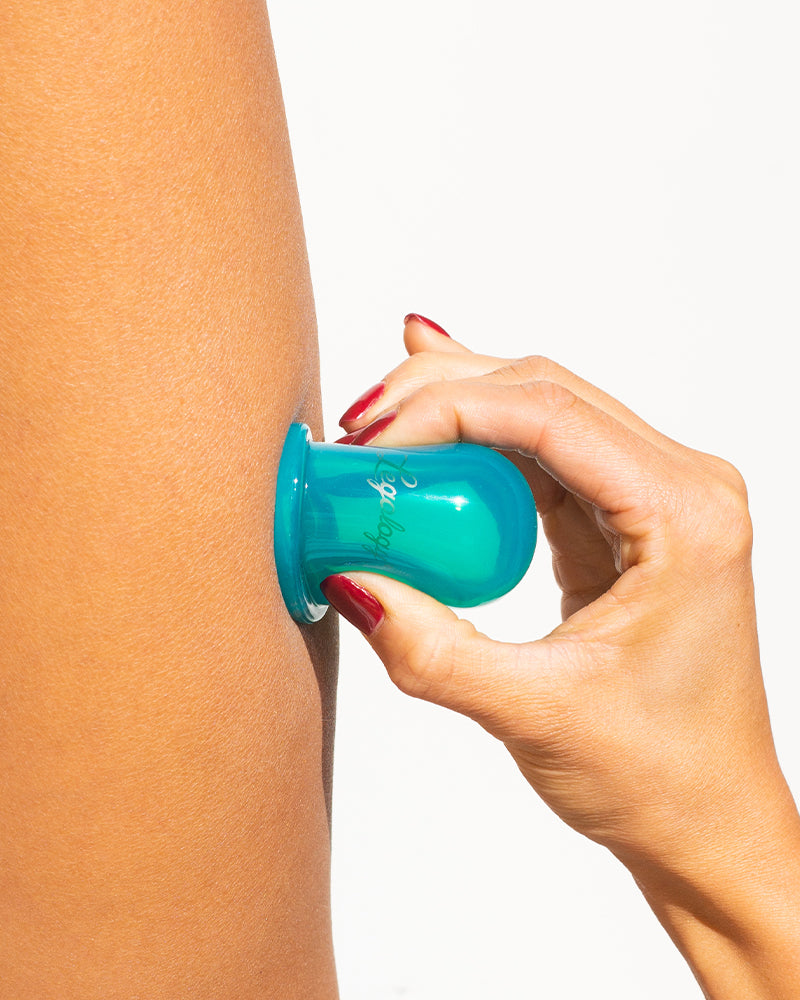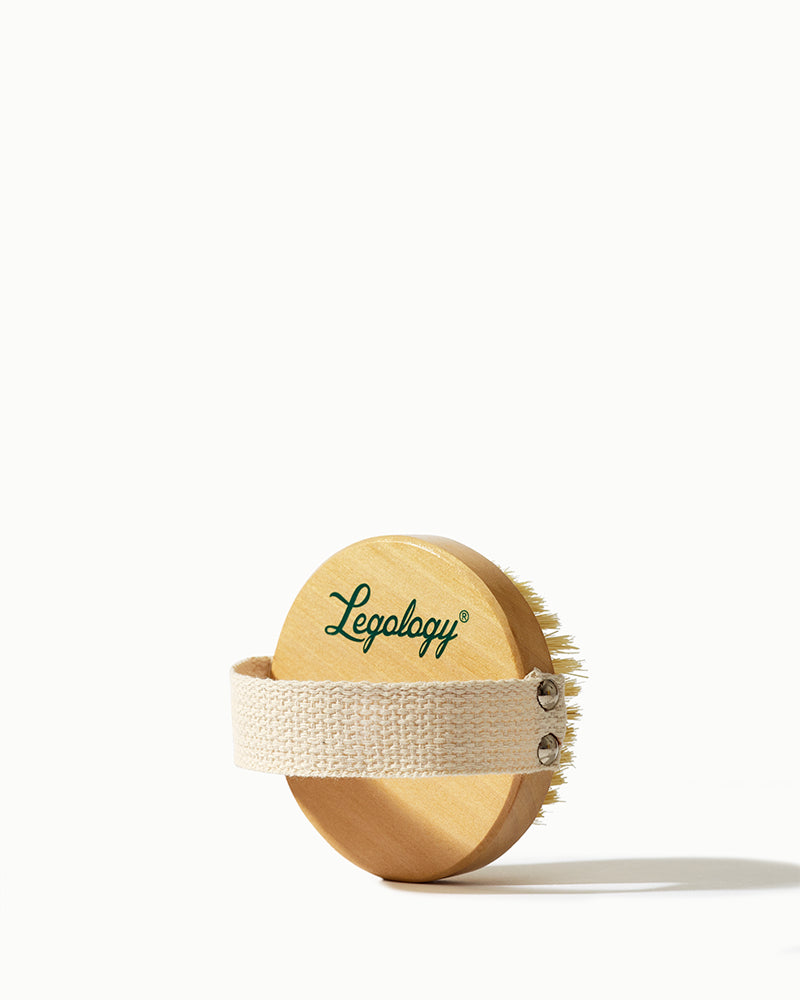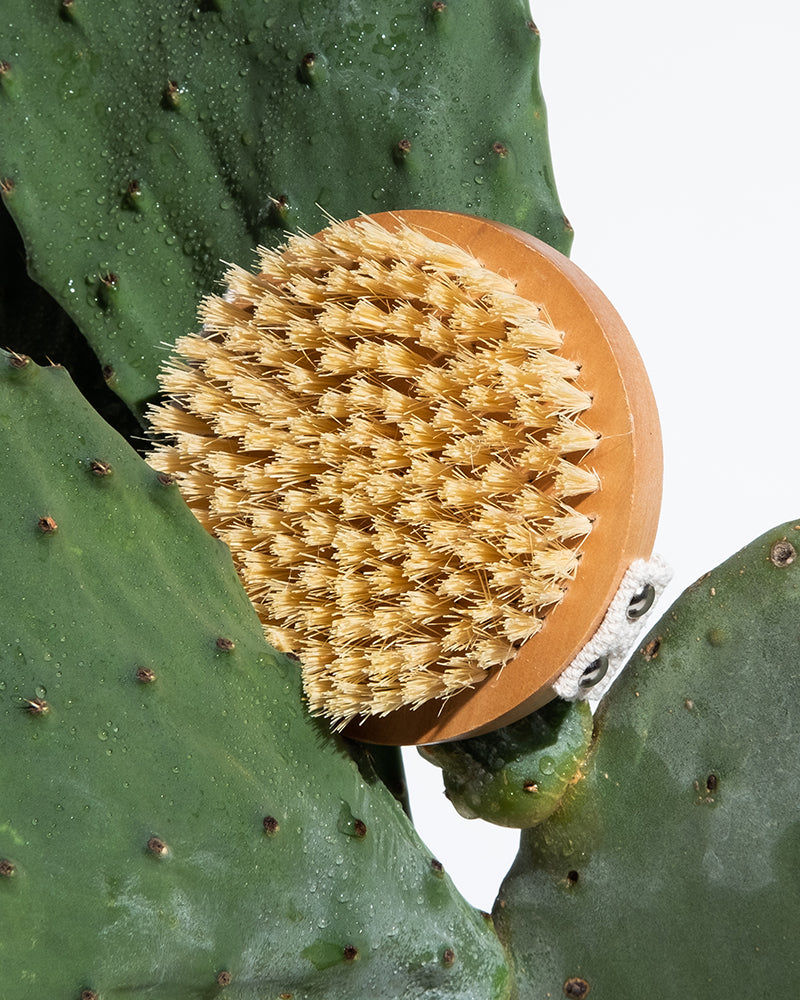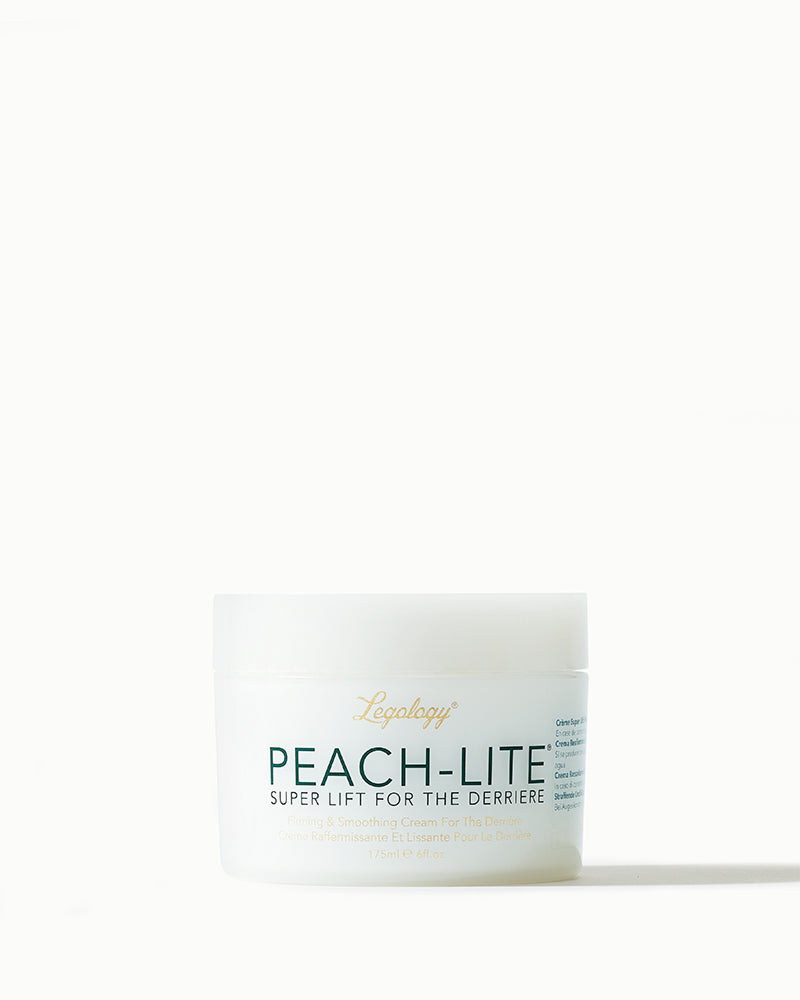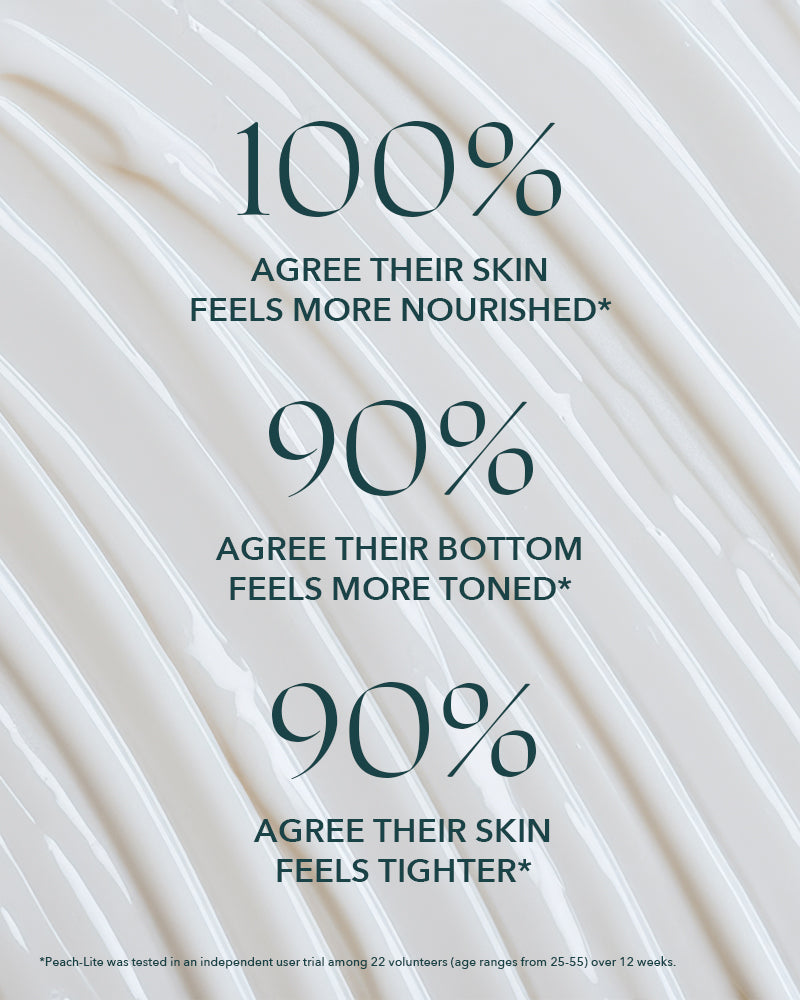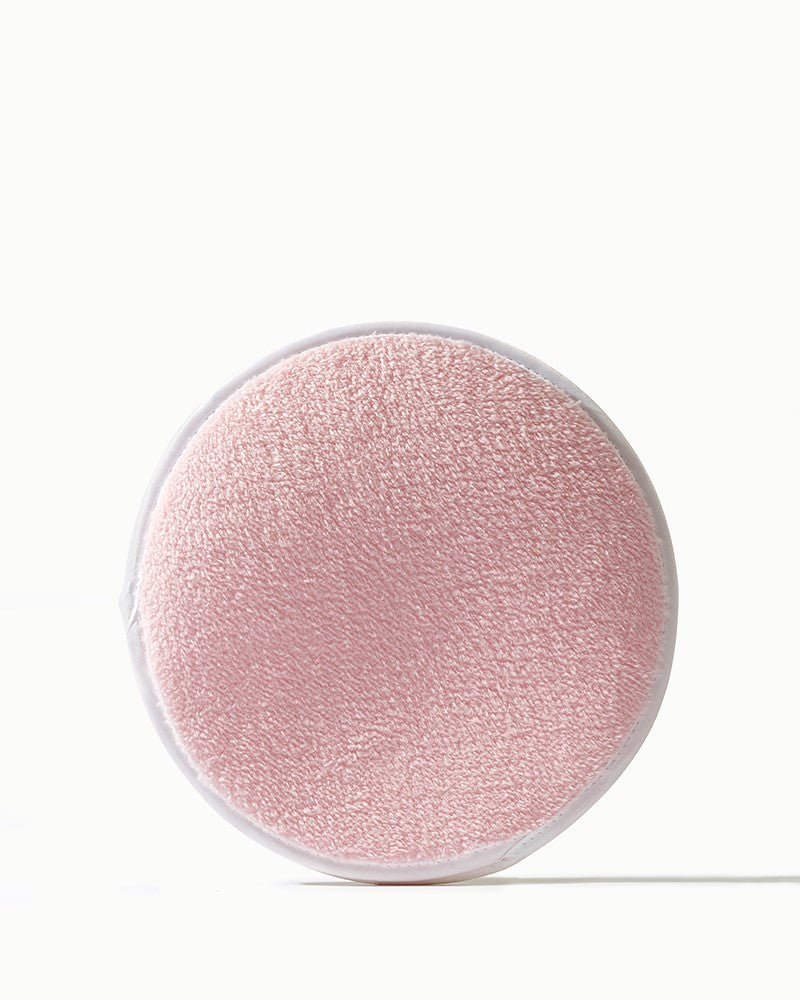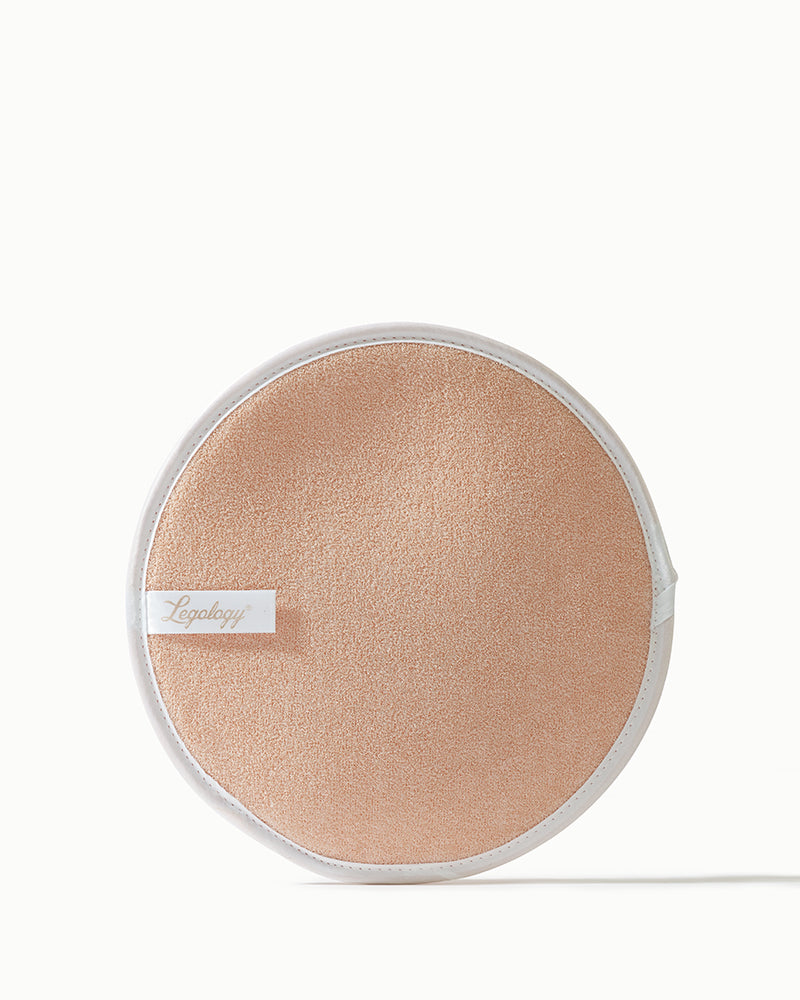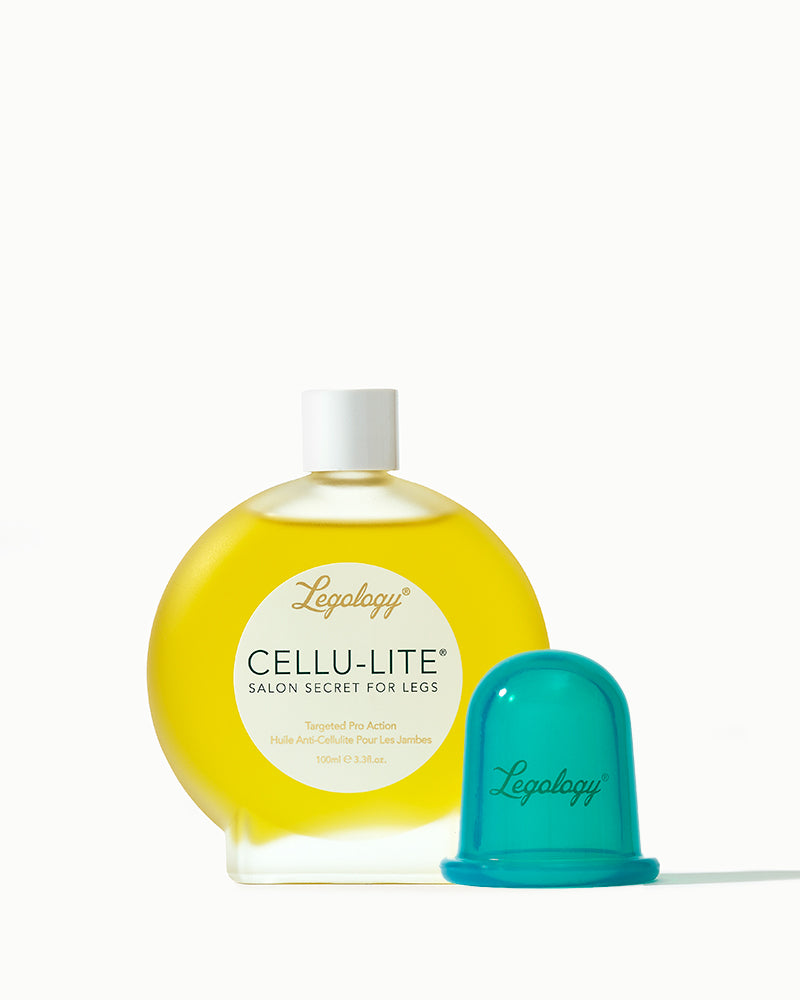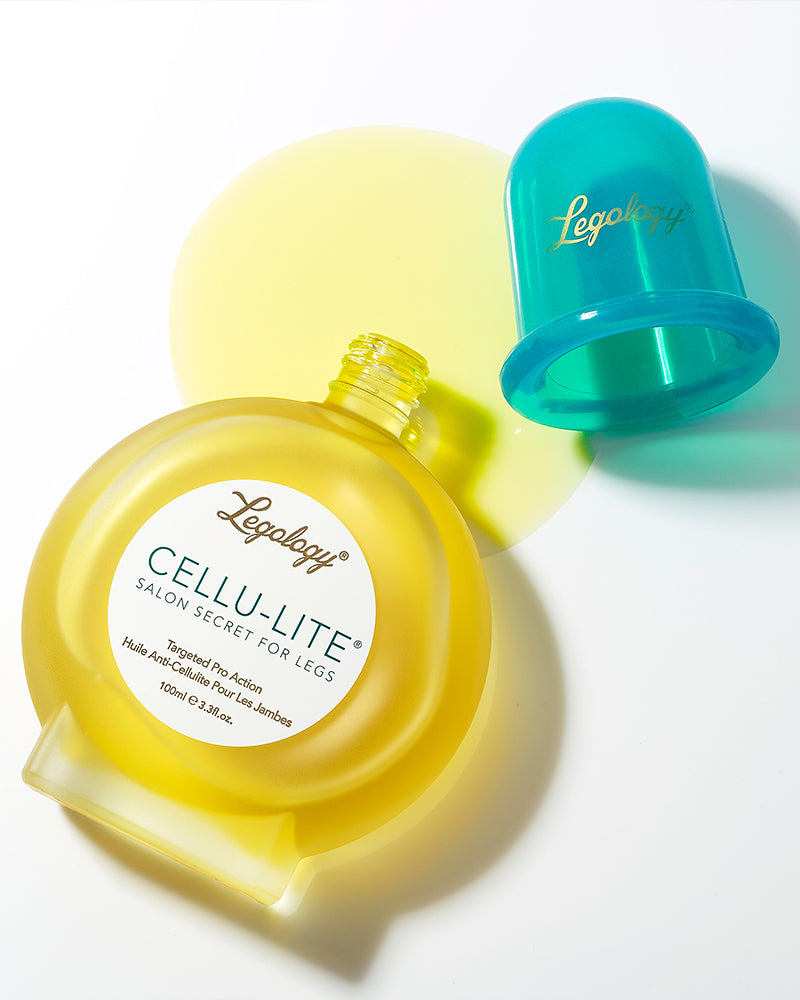Supplements For This Life Chapter

There are a number of supplements which can be beneficial during the menopause to ease joint pain, promote better sleep, a more balanced mood, fluid retention and other symptoms. You can take some of these alongside conventional body-identical HRT but always consult your GP first.
Black cohosh is one of the most well studied supplements for menopause. It’s made from the root of the North American black cohosh plant. Several studies have found it helps – especially with hot flashes – when compared to placebo (a fake treatment). But other studies haven’t found a benefit.
Vitamin D is just as important as calcium for bone health. Without vitamin D, your body can’t absorb calcium. Most adults need 600 IU daily. Those 71 and older need 800 IU per day. Vitamin D is in many foods and supplements, but there’s another source: the sun.
Pills and creams made from certain species of wild yam are popular alternatives to hormone therapy for menopause. Some of the natural compounds in these yams appear similar to estrogen and progesterone, but it’s possible they are not active in people. So far, clinical studies have not found that they ease menopause symptoms.
A few studies have found evidence that the different types of ginseng might help improve quality of life during menopause. Ginseng has been shown to boost mood and improve sleep. But so far, studies haven’t found that either American or Korean ginseng helps with physical symptoms of menopause such as hot flashes.
St. John’s wort is a well-known treatment for mild depression. But it might also have a special benefit for women during menopause. There’s some evidence – particularly when combined with black cohosh – that St. John’s wort can improve mood and smooth the mood swings tied to menopause.
Natural levels of DHEA hormone drop in our bodies after the age of 30. Some small studies have found that DHEA supplements ease menopause symptoms such as low libido and hot flashes. The evidence is mixed. Other studies have found no benefit. There is some concern that long-term use or high doses of DHEA may raise the risk of breast cancer.
Dong quai has been used in Chinese medicine as treatment for women’s health for thousands of years. But research in recent times hasn’t found evidence to back this up. One study of dong quai to determine its effects on hot flashes during menopause found no benefits. Because dong quai may have some risks, including cancer when taken long-term, check with a doctor before using it.
Menopausal women in the western world. are over eight times more likely to have hot flashes than women in Asian countries. Could the soy in the Asian diet explain the difference? Possibly. Studies have found soy to be modestly effective in relieving hot flashes.
Soy foods (such as soy nuts and tofu) and phytoestrogen supplements — estrogen-like compounds found in some plants — are sometimes used to relieve mild hot flashes. The research isn’t conclusive, though. Flaxseed and flaxseed oil may help some women with mild menopause symptoms. It’s a good source of lignans, which tend to balance female hormones. Not all studies have shown these benefits in relieving hot flashes, though.Bone loss can become a serious problem once hormone levels drop after menopause. It’s crucial to get enough calcium. Women under 51 need 1,000 milligrams of calcium a day. Women 51 and older need 1,200 milligrams a day.

It’s best to get your calcium from food. If you need supplements to fill the gap, take smaller doses with food during the day (no more than 500 mg at a time). You’ll absorb it better.
Many women use red clover hoping that its natural plant estrogens will ease their menopause symptoms. So far, though, the research results have been mixed. Despite early concern, recent studies have not shown an increase in uterine cancer when women took red clover for three months. But it’s always best to talk to your doctor if you’re concerned.
Calcium is particularly important as it keeps your bones strong and healthy. During menopause, as oestrogen starts to decline, bone density can fall with it, which can lead to conditions such as osteoporosis. This can make the bones more fragile and prone to breakages.
The mineral magnesium is just as important. Magnesium is needed for calcium to be absorbed into your bloodstream effectively. Therefore, if you are low in magnesium, calcium can find it difficult to get to the bones. Without sufficient magnesium, calcium may be dumped as painful crystals in and around the joints. Taking a supplement which contains both of these vital joint minerals is therefore recommended.
Research also shows that a magnesium deficiency can contribute to inflammation which will likely lead to pain and discomfort in the joints and in other areas of the body.
A vitamin D deficiency can also lead to weakness in the bones, as well as joint pain. It maintains calcium and phosphorus levels and, in doing so, keeps the bones healthy. Exposure to sunlight is the best way to get vitamin D. When sunlight hits the skin, it manufactures the vitamin D that we need on a daily basis. However, because the sun isn’t strong enough for the body to make vitamin D during autumn and winter, you need to look at other sources such as diet, by eating foods rich in vitamin D and supplements.
The NHS recommends that, since it’s difficult for people to get enough vitamin D from food alone, everyone should consider taking a daily supplement containing 10 micrograms (400 iu) of vitamin D during the autumn and winter.
It’s very important not to go over this dose unless your doctor has checked your vitamin D levels, and you have been recommended to take a higher dose.
A good source of omega-3 is oily fish such as herring, mackerel, sardines and salmon. If you don’t eat fish regularly, though, you might want to consider taking a fish oil supplement. If you are vegetarian or vegan, a flaxseed oil supplement would be the next best thing to omega-3.

